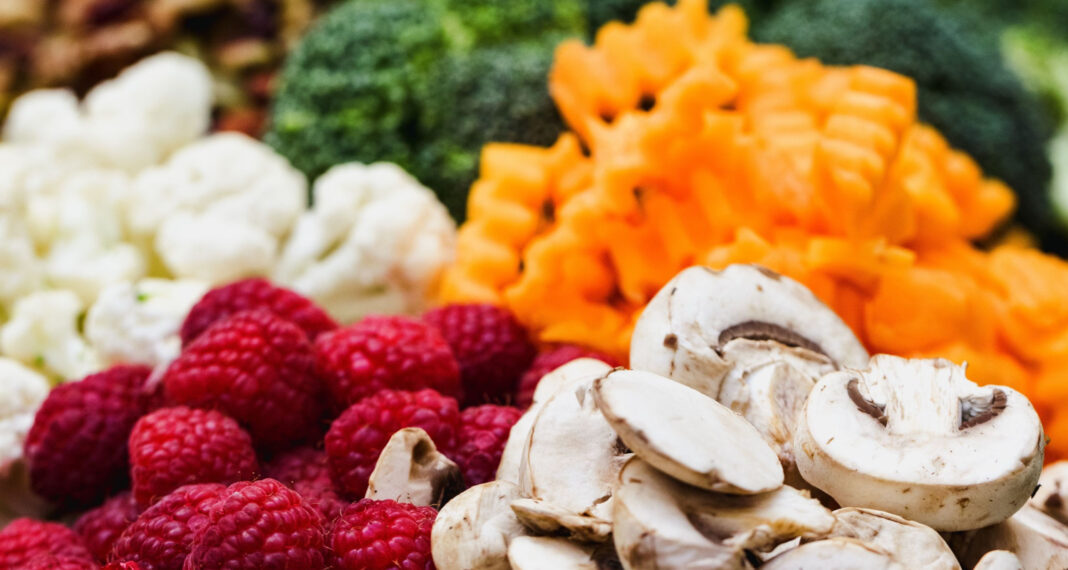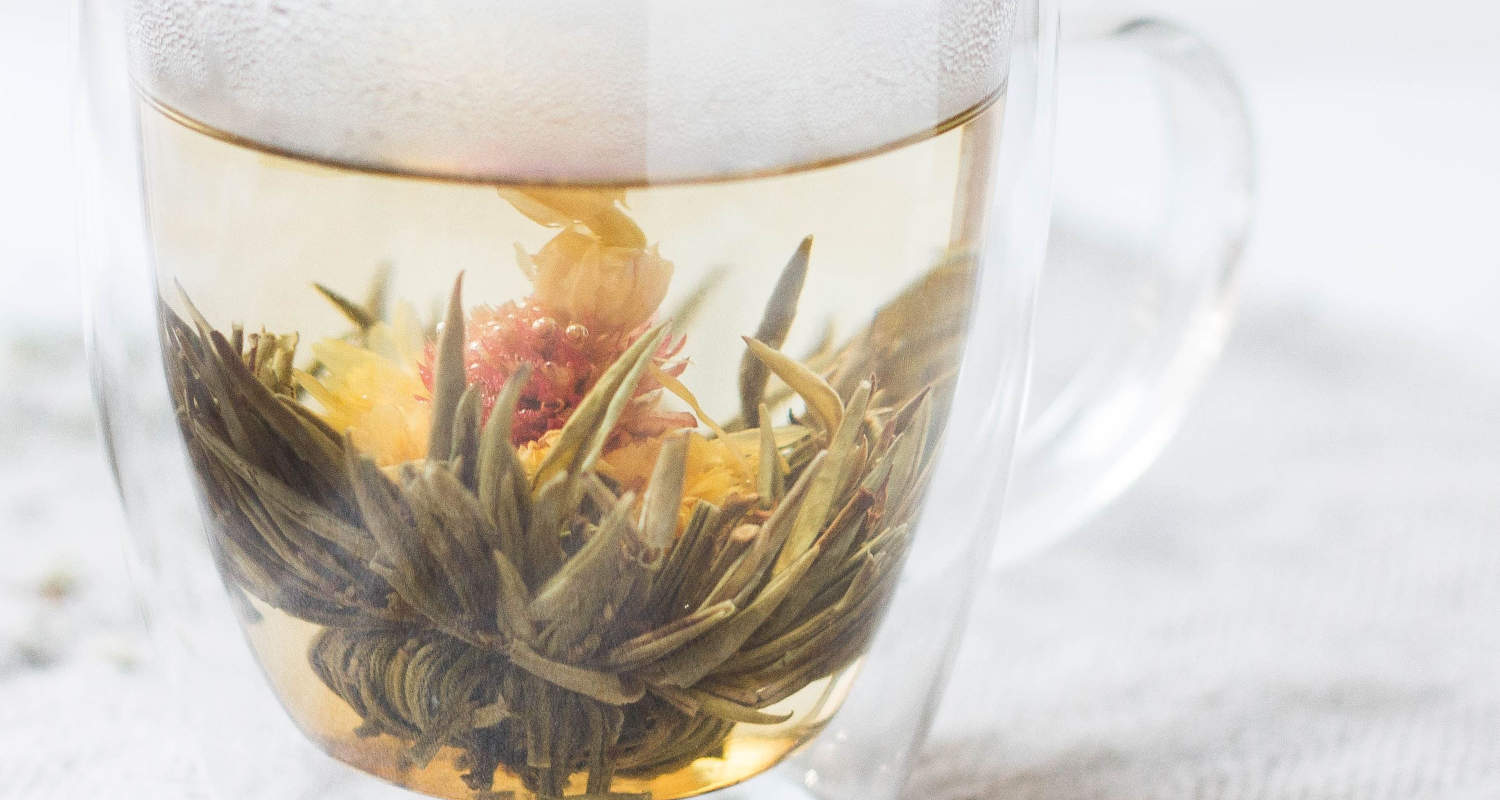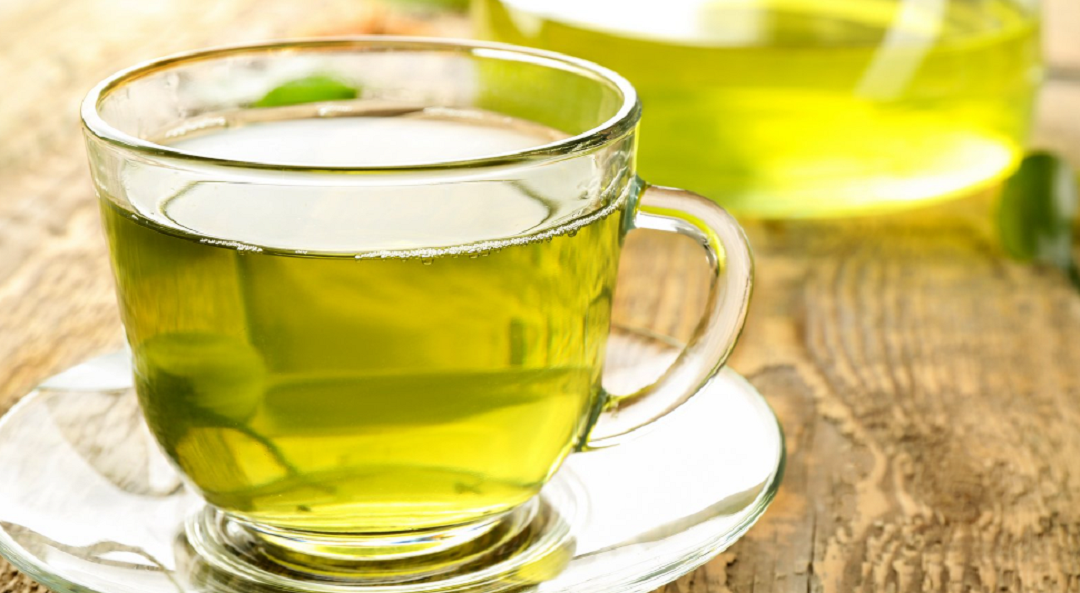You’ve probably heard the saying, “You are what you eat.” But how often have you left a doctor’s appointment feeling like your nutritional concerns were brushed aside? It’s a frustrating reality for many. The food we consume plays a pivotal role in our overall health, yet many doctors seem to lack comprehensive knowledge in this area.
What Your Doctor Doesn’t Know About Nutrition? Many doctors lack training in nutrition, often overlooking its role in preventing and treating chronic diseases, leading to a gap in holistic patient care.
Why is there such a disconnect? And more importantly, what crucial information might your doctor be missing? The answer might surprise you, and the implications are more significant than you think.
See Also: What Tools Will Help You Make Wise Nutrition Decisions?
Contents
The Gap in Medical Education
Imagine spending years in medical school, diving deep into the complexities of the human body, only to skim the surface of one of its most fundamental aspects: nutrition. It’s a bit baffling, right? Yet, that’s precisely the scenario in many medical institutions today. While there are specialized “nutritional medicine doctors” who focus on the healing power of food, general medical training often relegates nutrition to a mere footnote.
This oversight isn’t just an academic issue; it translates to real-world consequences, impacting holistic patient care. For patients, it might even lead to feelings of “why it seems like your doctor doesn’t care about you” when nutritional concerns are brushed aside. Recognizing and addressing this gap is crucial for holistic patient care.
Nutrition, the very fuel that powers our bodies, often gets relegated to a mere footnote in the vast curriculum of medical education. While doctors are trained to diagnose and treat a myriad of diseases, the foundational knowledge of how food impacts our health is, surprisingly, not given its due importance. This oversight isn’t just an academic issue; it translates to real-world consequences. When doctors lack a robust understanding of nutrition, they might miss out on recommending simple dietary changes that could prevent or even reverse certain health issues.
The question then arises: Why this gap? Some argue that the sheer volume of medical information to be covered leaves little room for nutrition. Others believe it’s the influence of the pharmaceutical industry, emphasizing medication over prevention. Whatever the reason, it’s clear that a change is needed. After all, understanding nutrition is not just about knowing what foods to eat; it’s about recognizing the profound impact of those choices on our overall well-being.
Common Misconceptions Doctors Might Have
What Your Doctor Doesn’t Know About Nutrition? Dive into any online health forum, and you’ll find a whirlwind of nutrition advice. But what’s truly startling? Some of these myths aren’t just propagated by well-meaning internet users; they’re also believed by medical professionals. What does your doctor know, and what might they be missing? Let’s debunk a few common misconceptions that even doctors might hold.
First up, the age-old belief: “Eating fats makes you fat.” While doctors once advised cutting out fats to lose weight, we now know that healthy fats, like those from avocados and nuts, are essential for our bodies. They support brain health, hormone production, and even aid in nutrient absorption.
Another classic? “Calories in, calories out is all that matters for weight loss.” While calorie counting can be a tool, it’s an oversimplification. Not all calories are created equal. 100 calories from a sugary snack can affect the body very differently than 100 calories from a protein-rich source.
And who hasn’t heard this one: “Dietary supplements can make up for a poor diet.” While supplements can be beneficial in certain scenarios, they can’t replace the myriad of nutrients, fiber, and antioxidants found in whole foods.
It’s essential to understand that medicine is ever-evolving. What was once considered a nutritional truth can be debunked with new research. Doctors, like all of us, can fall prey to outdated information. But as the bridge between medical knowledge and patient well-being, it’s crucial for them to stay updated, challenge their beliefs, and ensure they’re providing the best advice in the light of current evidence.
See Also: What is Nutrition Response Testing? A Comprehensive Guide
The Role of Nutrition in Chronic Diseases
In the intricate dance of health, nutrition leads with a powerful sway. Experts like Doctor Ray Strand have emphasized the role of nutritional medicine in addressing chronic diseases. For instance, diabetes, while influenced by genetics, is majorly driven by diet. Heart disease too, has deep ties with nutrition. Understanding this connection is like having a secret weapon in the battle for optimal health, and it’s high time we wield it with expertise.
Chronic Diseases
Take diabetes, for instance. While genetics and other factors play a role, our diet is a primary driver. Consuming excessive sugars and refined carbs can lead to insulin resistance, the hallmark of Type 2 diabetes. But here’s the twist: with the right dietary changes, like embracing a low-carb or Mediterranean diet, many can not only manage but even reverse this condition.
Heart disease, the silent killer, is another condition deeply intertwined with nutrition. Trans fats, excessive sodium, and diets high in processed foods have been linked to increased heart disease risk. On the flip side, foods rich in omega-3 fatty acids, like fatty fish, and those high in antioxidants, such as berries and nuts, can offer protective benefits.
And let’s not forget about hypertension, often dubbed the “silent killer.” Excessive salt intake is a known culprit, but did you know that potassium-rich foods, like bananas and spinach, can help counteract sodium’s effects?
But it’s not just about individual foods or nutrients. It’s the overall dietary pattern that matters. Diets rich in whole foods, lean proteins, healthy fats, and abundant in fruits and vegetables have been shown to reduce the risk of multiple chronic diseases.
In essence, our plates hold immense power. They can either set us on a path towards disease or be our strongest ally in prevention. As Julia Evans might put it, understanding the connection between nutrition and chronic diseases is like having a secret weapon in the battle for optimal health. And it’s high time we wield it with expertise.
Herbal Teas and Digestion
What Your Doctor Doesn’t Know About Nutrition? Steeping a cup of tea is akin to brewing a potion of wellness, especially when it comes to herbal teas and digestion. These gentle infusions, often caffeine-free, have been celebrated for centuries in various cultures, not just for their soothing aromas but for their potent digestive benefits.
Peppermint tea, for instance, is more than just a refreshing drink. It’s a natural antispasmodic that can alleviate symptoms of irritable bowel syndrome, including bloating and gas. Its cool, minty flavor isn’t just invigorating; it’s a balm for an upset stomach.
Chamomile, with its delicate floral notes, is another digestive superstar. It’s known to soothe the stomach, reduce acidity, and even combat nausea. If you’ve ever felt the discomfort of indigestion, a warm cup of chamomile might just be the gentle remedy you need.
Ginger tea, with its spicy kick, is a powerhouse when it comes to settling the stomach. It can alleviate nausea, reduce inflammation, and even boost the movement of food through the digestive tract, preventing constipation.
And let’s not forget fennel tea, with its slightly sweet, licorice-like flavor. It’s been used traditionally to relieve gas and bloating, acting as a natural diuretic.
In the vast world of teas, these herbal infusions stand out, especially for those navigating digestive discomforts. As Julia Evans might quip, while they might not be a “magic elixir,” they’re pretty darn close when it comes to supporting our digestive health. So, the next time your stomach throws a tantrum, consider reaching for that teapot.
See Also: What is Basic Nutrition? A Comprehensive Introduction
Natural Remedies vs. Medication
Navigating the realm of health solutions often feels like walking a tightrope. On one side, there’s the allure of natural remedies, promising healing with minimal side effects. On the other, there’s the proven efficacy of modern medications. So, how does one strike a balance?
For starters, consider the condition at hand. Mild ailments like a fleeting headache or a bout of indigestion might find relief with natural remedies. A cup of ginger tea might soothe an upset stomach, while lavender oil could ease tension headaches.
However, chronic or severe conditions often require a more robust approach. For instance, while dietary changes can manage Type 2 diabetes, insulin might be indispensable for someone with Type 1. Similarly, while turmeric boasts anti-inflammatory properties, it might not replace the immediate relief a painkiller provides for acute pain.
That said, the two approaches aren’t mutually exclusive. Medications can work hand-in-hand with natural remedies. A heart patient might take statins but also benefit from omega-3 rich fish in their diet.
The key is informed decision-making. It’s essential to consult with healthcare professionals, understand potential interactions, and be wary of “miracle cures.” As Julia Evans might highlight with a quirky doodle, while nature offers a treasure trove of remedies, it’s crucial to wield them with knowledge and caution, always prioritizing one’s unique health needs.
The Importance of Staying Hydrated
What Your Doctor Doesn’t Know About Nutrition? Water, the elixir of life. It’s not just a poetic sentiment; it’s a biological fact. Every cell, tissue, and organ in our body relies on water to function optimally. But beyond quenching our thirst, how does hydration truly impact our health, especially digestion?
Imagine trying to slide down a dry slide; it’s slow and uncomfortable. Similarly, without adequate hydration, our digestive system struggles. Water aids in breaking down food, ensuring smooth passage through the intestines, and preventing constipation. Simply put, a well-hydrated system is a well-functioning one.
But the benefits don’t stop at digestion. Proper hydration supports nutrient absorption, regulates body temperature, and even lubricates our joints. It’s also vital for detoxification, helping our kidneys flush out toxins efficiently.
Yet, in our busy lives, it’s easy to forget this simple act of drinking water. We might reach for sodas, coffees, or energy drinks, overlooking the pure, unadulterated goodness of water.
In a Julia Evans-esque twist, think of your body as a well-oiled machine, with water as the oil. Without it, things get creaky and slow. So, the next time you feel that midday slump or a bout of brain fog, maybe all you need is a refreshing gulp of H2O.
See Also: What is a CDN in Nutrition? An In-Depth Explanation
Stress, Diet, and Digestion
Ever had that gut-wrenching feeling before a big presentation? Or perhaps, an upset stomach after a particularly stressful day? It’s not just in your head; there’s a profound connection between our minds and our digestive systems. Welcome to the intricate dance of stress, diet, and digestion.
Our gut is often dubbed the “second brain,” and for a good reason. It’s home to the enteric nervous system, a vast network of neurons that communicate with our brain. When stress hits, it sends shockwaves through this system, leading to digestive discomforts like bloating, gas, or even irritable bowel syndrome (IBS).
But here’s where diet enters the fray. Stress often drives us towards comfort foods—sugary, fatty, and often processed. While they might offer momentary solace, they can wreak havoc on our digestive health, further exacerbating the stress-digestion cycle.
Conversely, a balanced diet, rich in fiber, probiotics, and whole foods, can bolster our gut health, making it more resilient to stress-induced disruptions. Foods like yogurt, fermented veggies, and whole grains nourish our gut flora, promoting a harmonious gut-brain axis.
In a Julia Evans-style quip, imagine if our gut and brain were two friends on a seesaw. Stress might tip the balance, but the right diet can bring it back to equilibrium. Recognizing this interplay is crucial. After all, a happy gut often leads to a happier mind.
Herbal Teas: Benefits and Precautions
What Your Doctor Doesn’t Know About Nutrition? In the vast tapestry of natural remedies, herbal teas hold a special place. They’re like comforting hugs in a cup, offering warmth, solace, and a myriad of health benefits. But like all things, it’s essential to sip with knowledge. Let’s dive into the world of chamomile, peppermint, and ginger teas, exploring their benefits and the precautions to keep in mind.
Chamomile Tea:
Benefits: A floral infusion known for its calming properties, chamomile tea is a bedtime favorite. It can ease insomnia, reduce anxiety, and even soothe digestive discomforts. Precautions: However, those allergic to plants in the Asteraceae family (like ragweed) might experience allergic reactions. It’s also wise to avoid chamomile before surgery, as it can interfere with blood clotting.
Peppermint Tea:
Benefits: A refreshing brew, peppermint tea is a natural antispasmodic, making it excellent for relieving symptoms of IBS. It can also combat nausea and improve focus. Precautions: On the flip side, excessive peppermint might aggravate heartburn or lead to an upset stomach. Those with GERD should approach with caution.
Ginger Tea:
Benefits: Spicy and invigorating, ginger tea is a digestive powerhouse. It can alleviate nausea, reduce inflammation, and even combat migraines. Precautions: But, it’s not all sunshine. In high doses, ginger might thin the blood or lower blood sugar, so those on anticoagulants or diabetes medications should consult their doctor.
See Also: What Are the 7 Elements of Nutrition? A Complete Overview
FAQs
Why is nutrition often overlooked in medical training?
Nutrition is a vast field, and medical training traditionally focuses on diagnosing and treating diseases. While nutrition plays a crucial role in health, it hasn't been given the same emphasis in medical curricula, leading to a gap in many doctors' knowledge.
How does diet impact chronic diseases like diabetes and heart disease?
Diet directly affects factors like blood sugar levels, cholesterol, and blood pressure. Consuming a balanced diet can prevent or manage these conditions, while poor dietary choices can exacerbate them.
Are herbal teas safe for everyone?
While herbal teas offer numerous health benefits, they might not be suitable for everyone. Some teas can interact with medications or aren't recommended for people with certain conditions. It's always best to consult with a healthcare professional before introducing any new remedy.
When should one choose natural remedies over medication?
Natural remedies can be effective for mild symptoms or as a complementary treatment. However, for severe conditions or acute symptoms, it's essential to consult a doctor and use prescribed medications.
How does stress affect digestion?
Stress can lead to physical reactions in the digestive system, causing issues like acid reflux, indigestion, or even irritable bowel syndrome. Managing stress through relaxation techniques can help alleviate these symptoms.
Conclusion
What Your Doctor Doesn’t Know About Nutrition? In a Julia Evans-esque analogy, think of these teas as tools in a toolkit. Each has its unique purpose, but it’s crucial to use them correctly. Being informed about their benefits and potential side effects ensures we harness their power safely and effectively. So, the next time you steep a cup, you’ll do so with confidence and knowledge.
See Also: Sinful Nutrition: Where Every Veggie Has a Dark Side

Amy Mackelden is a freelance writer, editor, and disability activist. She’s the weekend editor at MalePatternFitness, and her bylines include Cosmopolitan, Marie Claire, ELLE, The Independent, Nicki Swift, Bustle, xoJane, and HelloGiggles. She’s written about health for MS Society, MS Trust, The Checkup, The Paper Gown, Folks, HelloFlo, Greatist, and Byrdie.









